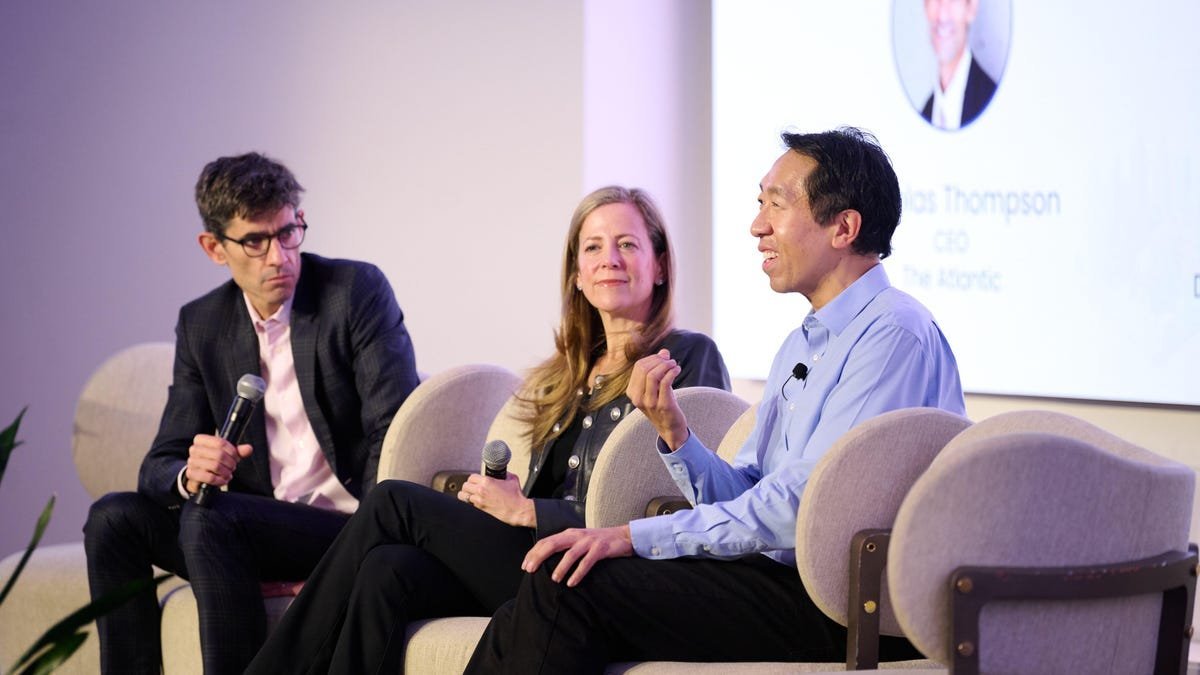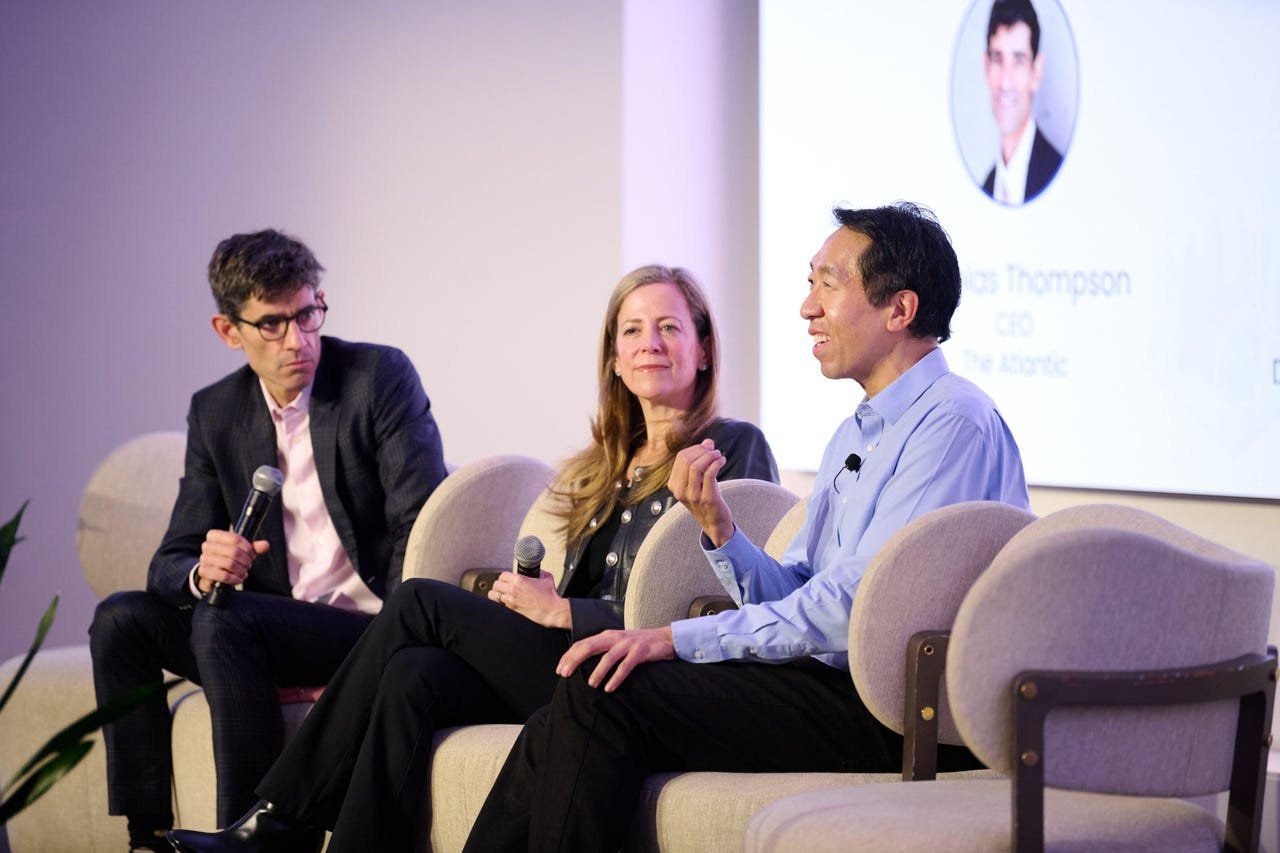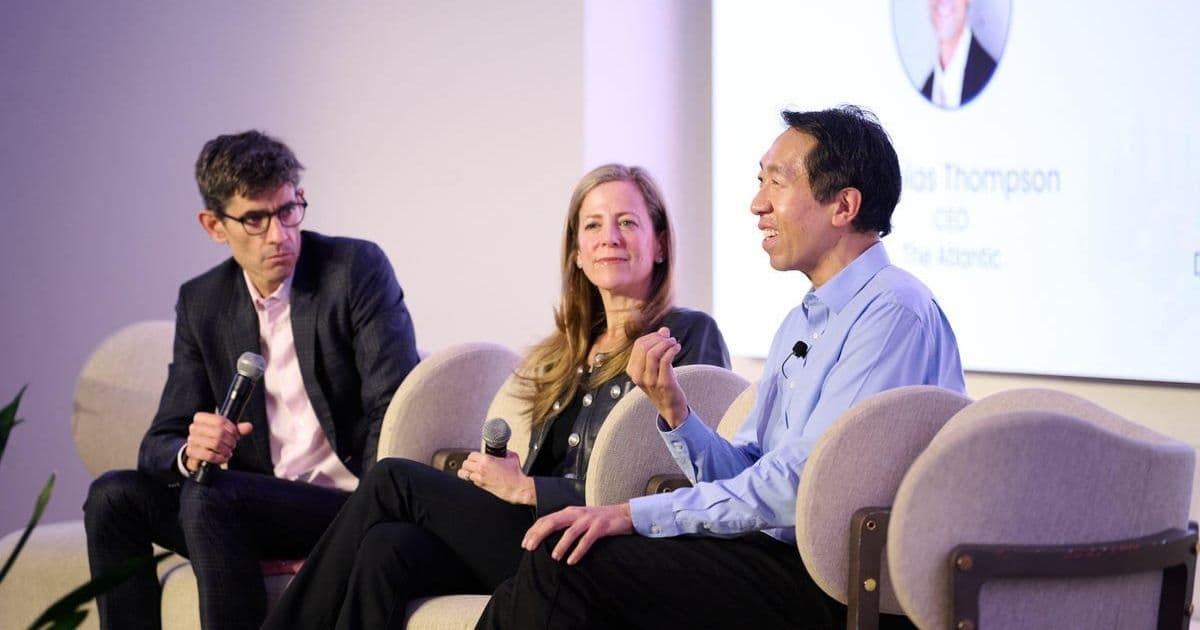At AI Dev 2025, Google Brain founder Andrew Ng urged everyone—not just developers—to learn coding basics, arguing that AI lowers barriers but doesn't eliminate the need for human intuition. He critiques overhyped AGI fears and outdated CS curricula, offering a roadmap for developers to thrive amid rapid AI advancements. This insight challenges the narrative of AI replacing jobs, emphasizing adaptation over obsolescence.
Andrew Ng's Bold Call: Why Coding Still Matters in the AI Era
In the buzzing energy of New York City's AI Dev 2025 conference, hosted by DeepLearning.ai, Andrew Ng took the stage with a message that cut through the hype: coding isn't dead—it's evolving. As AI tools like GitHub Copilot and Cursor transform software development, many wonder if traditional coding skills are becoming relics. Ng, the founder of Google Brain and a pioneer in AI education, argues passionately against this notion. In keynotes and interviews, he stressed that while AI accelerates coding, the human elements of intuition, product vision, and ethical oversight remain irreplaceable. This perspective isn't just reassurance; it's a strategic imperative for developers navigating an uncertain job market.

The Enduring Value of Coding in an AI-Assisted World
Ng's keynote opened with a provocative idea: 'Because AI coding has lowered the bar to entry so much, I hope we can encourage everyone to learn to code—not just software engineers.' This isn't hyperbole. He envisions a future where basic coding literacy is as essential as mathematical proficiency—a foundational skill for professionals across industries. During an exclusive interview with ZDNET's Radhika Rajkumar, Ng elaborated: 'One of the most important skills of the future is the ability to tell a computer exactly what you want it to do for you.'
For developers, this means shifting from rote syntax to high-level orchestration. AI handles the 'arcane incantations' of code, but humans must define the intent. Ng admits the mental toll of 'vibecoding'—his term for intuitive AI-assisted programming—calling it 'mentally exhausting.' Yet, he sees it as a gateway, welcoming non-traditional coders into the fold. This democratization could expand the developer community, but it also raises the bar for expertise. As AI prototypes code at lightning speed, bottlenecks shift to product management and user-centric design.
From Specialists to Generalists: Adapting Developer Roles
Ng's advice extends beyond coding fundamentals. He urges engineers to become 'generalists' by blending technical prowess with product skills. 'Engineers that learn some product work can frankly be a team of one,' he noted, highlighting how AI's efficiency unmasks new challenges. In a panel with Fabian Hedin of Lovable and Laurence Moroney of Arm, the discussion pivoted to intuition as AI's blind spot. Hedin pointed out: 'The thing that AI will be worst at is understanding humans.'
This evolution matters deeply for the tech workforce. Entry-level jobs are scarce, partly due to post-COVID hiring reversals and AI automation of junior tasks. Ng blames outdated curricula in computer science programs, calling it 'malpractice' to graduate students without AI integration. 'If a university has not significantly changed its curricula since 2022, then they are not readying grads for the jobs of the market today,' he told ZDNET. For fresh grads skilled in AI-assisted coding, demand outstrips supply—a silver lining in a turbulent market.
Demystifying AI Fears and the AGI Hype
Public apprehension about AI looms large, fueled by sensational narratives around artificial general intelligence (AGI). Ng dismisses much of this as overblown: 'If you look at the incredibly messy training recipes that go into training these AI models, there's no way this is AGI.' He attributes fear-mongering to lobbying efforts by third parties, damaging U.S. AI leadership. Developers, he says, hold the key to countering this: engage in transparent dialogues to foster AI literacy.
On governance, Ng favors practical approaches over heavy regulation. He critiques the EU's model, praising the U.S.'s lighter touch under the Trump administration's AI Action Plan. Instead of bureaucracy, he advocates sandboxed environments for safe experimentation. Transparency from big AI firms, he argues, could preempt issues without stifling innovation—echoing lessons from social media's unchecked growth.

As AI reshapes coding from a solitary craft to a collaborative symphony between human and machine, Ng's vision paints a resilient path forward. Developers who embrace this hybrid reality—honing intuition, broadening skills, and advocating responsibly—won't just survive; they'll lead the next wave of technological breakthroughs. In an era where code writes itself, the true power lies in those who direct the narrative.

Comments
Please log in or register to join the discussion